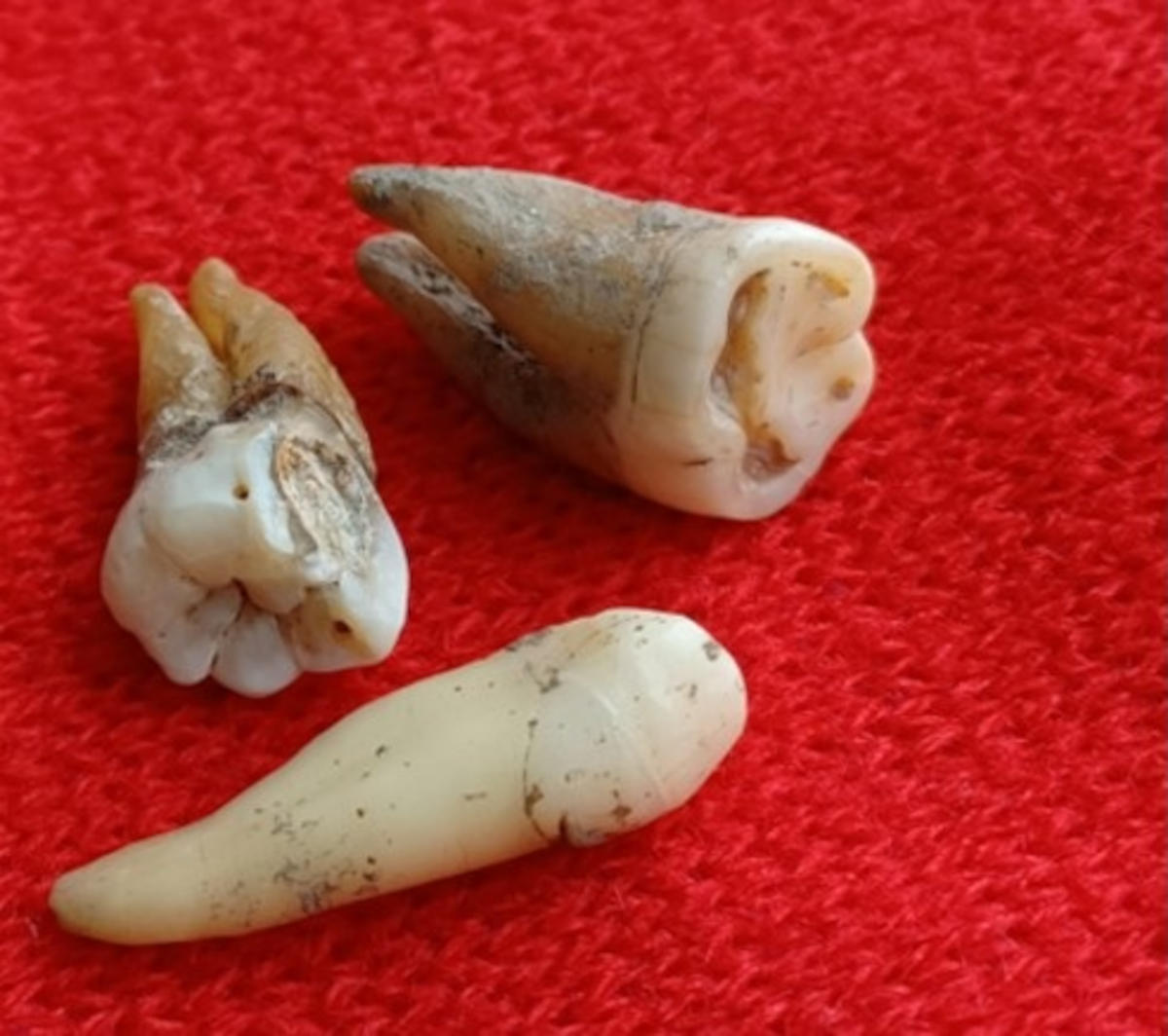Interactions between Brassica vegetables, such as cabbage, Brussels sprouts, broccoli, and cauliflower, and human saliva can affect in-mouth odor development, which in turn may be linked to individual perception and liking. A compound called S-Methyl-l-cysteine sulfoxide, which is present in Brassica vegetables, produces odor-active sulfur volatiles due to the activity of enzymes present in plant tissue and due to bacteria. In a new study, researchers found that levels of these volatiles are similar in parent-child pairs, suggesting shared oral microbiomes, also found that high levels cause children to dislike the vegetables.

Frank et al. investigated differences in sulfur volatile production between saliva from children and adults using a proton transfer reaction mass spectrometry method using raw cauliflower powder. Image credit: Frank et al., doi: 10.1021/acs.jafc.1c03889.
CSIRO’s Dr. Damian Frank and colleagues aimed to investigate differences in sulfur volatile production in saliva from children and adults and analyze how they affect Brassica acceptance.
They used an ex vivo proton transfer reaction mass spectrometry to identify the main odor-active compounds in raw and steamed cauliflower and broccoli.
Then, they asked 98 child/parent pairs, with children between 6 and 8 years of age, to rate the key odor compounds.
Dimethyl trisulfide, which smells rotten, sulfurous and putrid, was the least liked odor by children and adults.
The researchers then mixed saliva samples with raw cauliflower powder and analyzed the volatile compounds produced over time.
Large differences in sulfur volatile production were found between individuals, and children usually had similar levels as their parents, which is likely explained by similar microbiomes.
Children whose saliva produced high amounts of sulfur volatiles disliked raw Brassica vegetables the most, but this relationship was not seen in adults, who might learn to tolerate the flavor over time.
The results provide a new potential explanation for why some people like Brassica vegetables and others (especially children) don’t.
“To the best of our knowledge, this is the first study that attempts to measure differences in the rate of development of sulfur volatiles in saliva between adults and children and potential impacts on vegetable liking, and links between related adults and children,” the scientists said.
“A significant negative relationship between the degree of sulfur volatile production and liking in children provides an intriguing new potential explanation for differences in liking for Brassica vegetables, especially in children.”
The findings appear in the Journal of Agricultural and Food Chemistry.
_____
Damian Frank et al. In-Mouth Volatile Production from Brassica Vegetables (Cauliflower) and Associations with Liking in an Adult/Child Cohort. J. Agric. Food Chem, published online September 22, 2021; doi: 10.1021/acs.jafc.1c03889
Note: This article have been indexed to our site. We do not claim ownership or copyright of any of the content above. To see the article at original source Click Here












